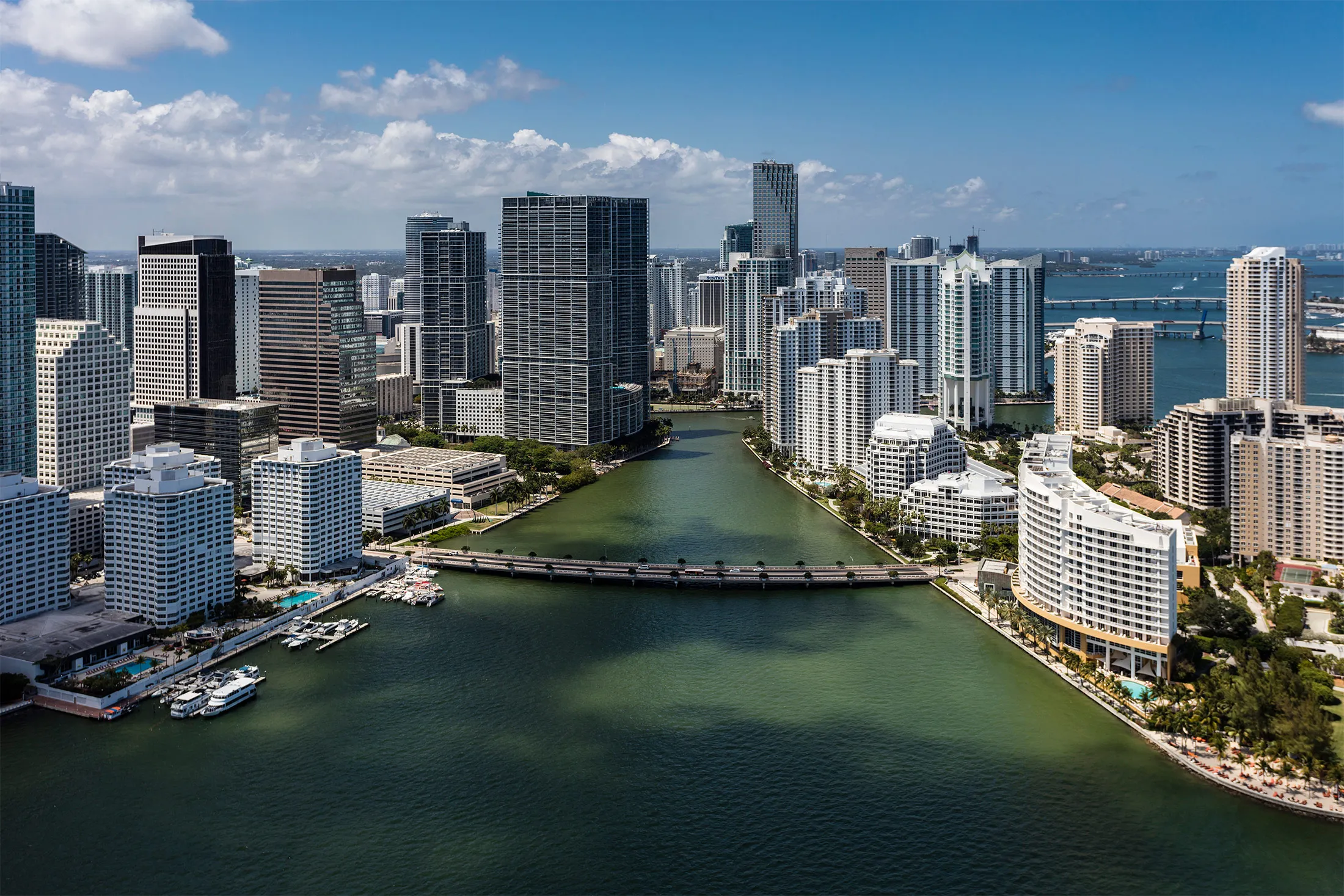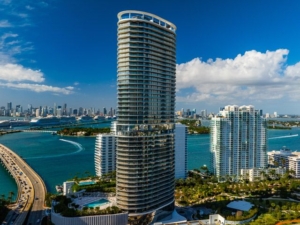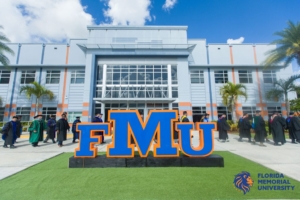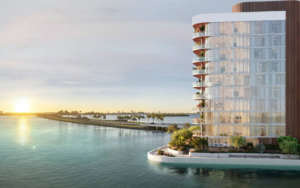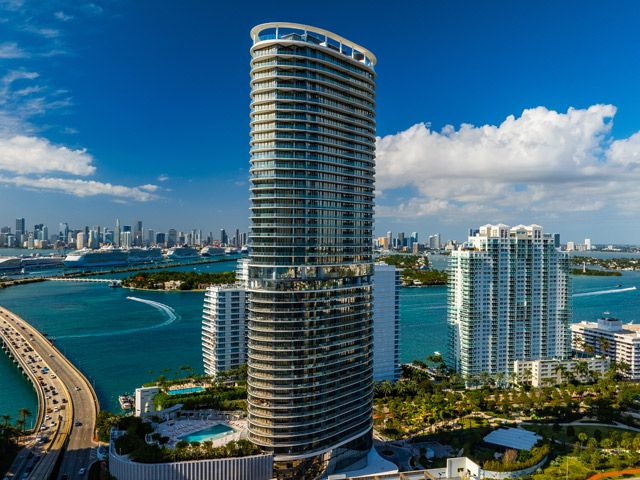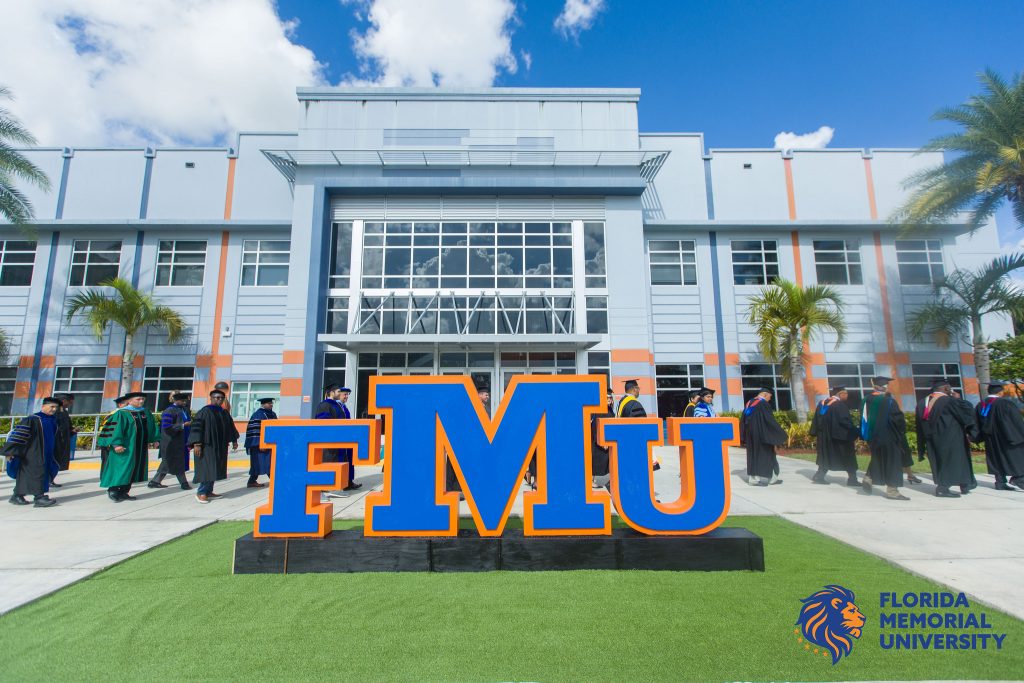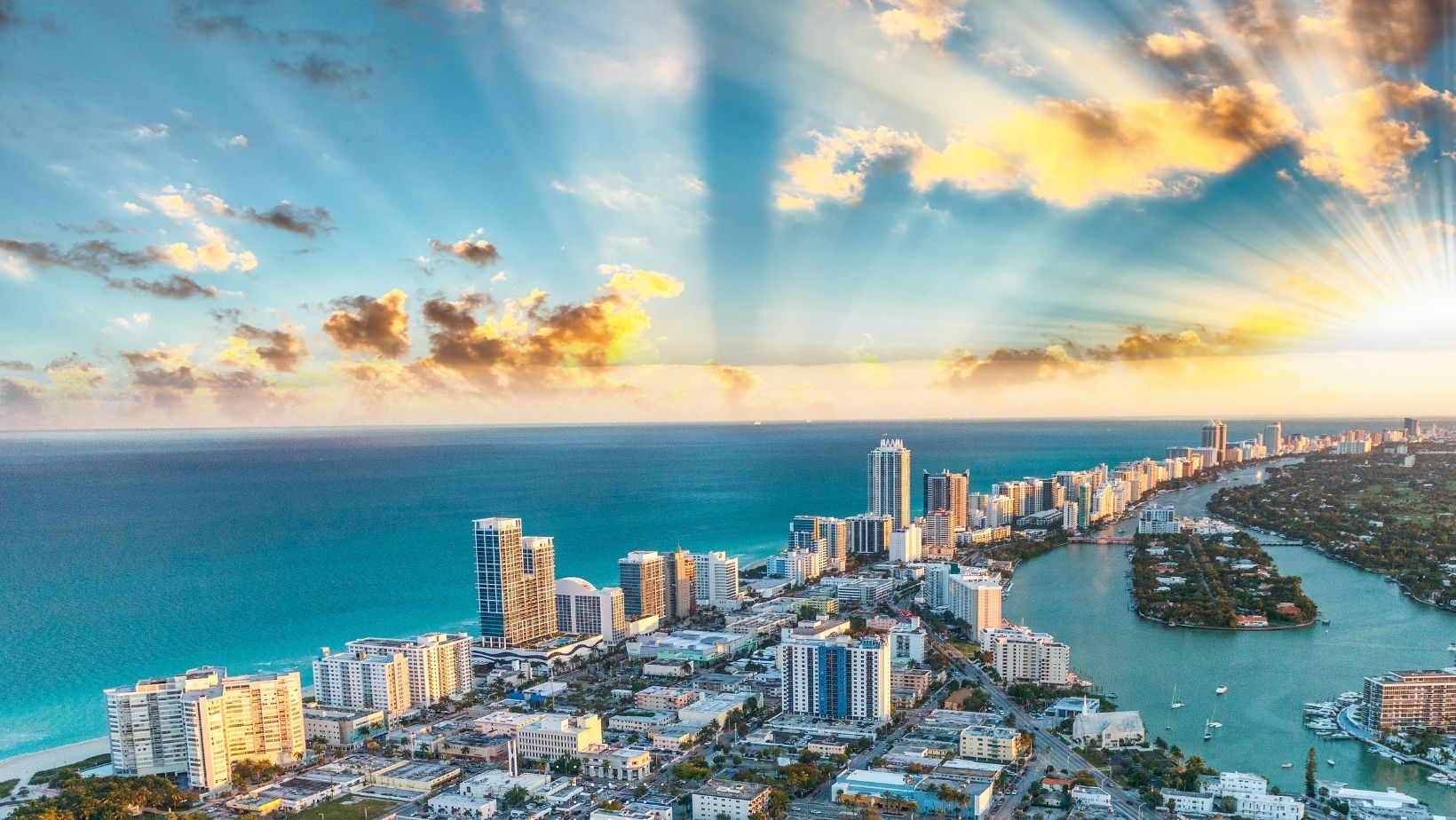Transformative $3 Billion Redevelopment Plan Nears Approval in Miami's Little River and Little Haiti
Miami-Dade County is on the brink of approving one of the most ambitious urban renewal projects in its history—a $3 billion redevelopment plan poised to revitalize the Little River and Little Haiti neighborhoods. Spearheaded by the Coconut Grove-based Swerdlow Group, this initiative aims to significantly enhance affordable housing, transit infrastructure, and commercial amenities in the area.
Project Scope and Objectives
The redevelopment plan encompasses approximately 65 acres, with the development extending over several city blocks. The project is designed to include a diverse mix of residential options, commercial spaces, and transit improvements, all aimed at fostering a vibrant, mixed-income community.
Residential Developments:
- Affordable Housing: The plan proposes the construction of 2,284 rental apartments designated for individuals and families with very low to low incomes. These units are designed to provide high-quality living spaces that blend seamlessly with market-rate apartments, ensuring an inclusive community environment.
- Workforce Housing: An additional 1,398 units are planned for workforce housing, targeting households earning up to 120% of the county's median income, which currently stands at $79,400.
- Workforce Condominiums: In a novel addition, the project includes over 2,000 workforce condominiums aimed at providing middle-income families with opportunities for homeownership in a market where such options are increasingly scarce.
Collectively, these residential developments will add over 5,700 units, all qualifying as affordable or workforce housing under county guidelines.
Commercial and Transit Enhancements:
- Retail Spaces: Plans include the addition of big-box retail stores and a new Main Street-style shopping district, aiming to provide residents with convenient access to essential goods and services.
- Transit Infrastructure: A new Tri-Rail commuter station is proposed to enhance connectivity, offering residents efficient access to downtown Miami and other key areas.
Developer's Commitment to Community Benefits
Swerdlow Group has committed to several community benefits to ensure the project's success and positive impact:
- Employment Opportunities: The development is expected to generate thousands of construction and permanent jobs, with a focus on hiring local residents, including those from public and low-income housing backgrounds.
- Labor Standards: The developer has agreed to implement higher-than-usual wages for construction workers and has introduced an "industry-leading" program to protect workers from extreme heat, addressing a significant health concern in construction.
Progress and Approval Process
The project has received endorsements from both the County Commission’s Housing and Appropriations committees, with a full commission vote scheduled for the near future. Developer Michael Swerdlow expressed confidence in securing approval, citing substantial support from board members during committee hearings.
Upon county approval, the next steps involve obtaining zoning changes from the City of Miami and securing final authorization from the U.S. Department of Housing and Urban Development (HUD). Groundbreaking is anticipated to commence in 2026, with the project expected to be completed over an eight-year period.
Addressing Community Concerns
While the project promises significant benefits, some community members have raised concerns:
- Resident Displacement: There are apprehensions about potential displacement during redevelopment. Swerdlow Group has addressed this by planning the construction in phases to ensure that existing public-housing tenants are not temporarily displaced, with guarantees of replacement housing at current subsidized rents.
- Community Engagement: Advocacy groups have called for a community benefits agreement to formalize commitments to fair wages, worker protections, and affordable housing. The developer has engaged in discussions to address these concerns, including agreeing to measures such as providing water breaks for construction workers to protect against heat-related illnesses.
Broader Impact on Miami's Urban Landscape
This redevelopment initiative aligns with Miami-Dade County's broader goals to address the affordable housing crisis and revitalize underdeveloped urban areas. The project supports the county's "Building Blocks" program, which aims to expand affordable and workforce housing and strengthen resident protections.
By introducing a mix of affordable, workforce, and market-rate housing, along with enhanced commercial and transit facilities, the Little River-Little Haiti redevelopment is set to transform the area into a dynamic, inclusive, and sustainable community.
Insights
What measures are in place to prevent the displacement of current residents during the redevelopment?
Swerdlow Group plans to construct new towers for existing public-housing tenants before demolishing old housing developments, ensuring residents can move directly into new units without temporary displacement.
How does the inclusion of workforce condominiums address Miami's housing affordability challenges?
By offering over 2,000 workforce condominiums, the project provides middle-income families with opportunities for homeownership, addressing the growing affordability gap in Miami’s real estate market. This initiative aims to support families struggling to buy homes in the city's competitive housing market.
What role does the new Tri-Rail station play in the redevelopment project?
The new Tri-Rail commuter station will significantly enhance public transportation options, improving connectivity between Little River, Little Haiti, and other parts of Miami. This will make the neighborhood more accessible and encourage sustainable, transit-oriented development.
How will the redevelopment project benefit the surrounding area?
The massive redevelopment is expected to spur economic growth in the surrounding neighborhoods, providing jobs, improved infrastructure, and new retail spaces. It will also make the area more attractive for further investment, helping to revitalize a historically underserved part of Miami.
What concerns do community groups have regarding the project?
Community organizations have expressed concerns about potential disruption to residents and have demanded stronger guarantees regarding displacement prevention. Swerdlow Group has addressed these concerns by ensuring that current tenants will not face displacement and will be moved directly into new apartments.

